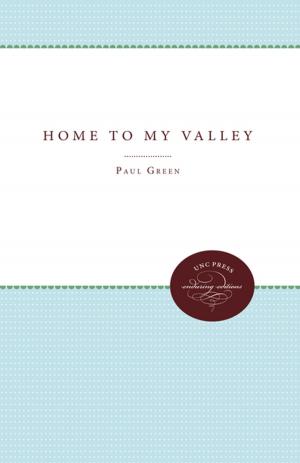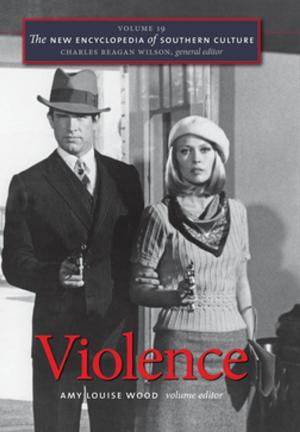Unnatural Selections
Eugenics in American Modernism and the Harlem Renaissance
Fiction & Literature, Literary Theory & Criticism, American, Nonfiction, Social & Cultural Studies, Social Science, Cultural Studies, African-American Studies, History, Americas, United States, 20th Century| Author: | Daylanne K. English | ISBN: | 9780807863527 |
| Publisher: | The University of North Carolina Press | Publication: | December 15, 2005 |
| Imprint: | The University of North Carolina Press | Language: | English |
| Author: | Daylanne K. English |
| ISBN: | 9780807863527 |
| Publisher: | The University of North Carolina Press |
| Publication: | December 15, 2005 |
| Imprint: | The University of North Carolina Press |
| Language: | English |
Challenging conventional constructions of the Harlem Renaissance and American modernism, Daylanne English links writers from both movements to debates about eugenics in the Progressive Era. She argues that, in the 1920s, the form and content of writings by figures as disparate as W. E. B. Du Bois, T. S. Eliot, Gertrude Stein, and Nella Larsen were shaped by anxieties regarding immigration, migration, and intraracial breeding.
English's interdisciplinary approach brings together the work of those canonical writers with relatively neglected literary, social scientific, and visual texts. She examines antilynching plays by Angelina Weld Grimke as well as the provocative writings of white female eugenics field workers. English also analyzes the Crisis magazine as a family album filtering uplift through eugenics by means of photographic documentation of an ever-improving black race.
English suggests that current scholarship often misreads early-twentieth-century visual, literary, and political culture by applying contemporary social and moral standards to the past. Du Bois, she argues, was actually more of a eugenicist than Eliot. Through such reconfiguration of the modern period, English creates an allegory for the American present: because eugenics was, in its time, widely accepted as a reasonable, progressive ideology, we need to consider the long-term implications of contemporary genetic engineering, fertility enhancement and control, and legislation promoting or discouraging family growth.
Challenging conventional constructions of the Harlem Renaissance and American modernism, Daylanne English links writers from both movements to debates about eugenics in the Progressive Era. She argues that, in the 1920s, the form and content of writings by figures as disparate as W. E. B. Du Bois, T. S. Eliot, Gertrude Stein, and Nella Larsen were shaped by anxieties regarding immigration, migration, and intraracial breeding.
English's interdisciplinary approach brings together the work of those canonical writers with relatively neglected literary, social scientific, and visual texts. She examines antilynching plays by Angelina Weld Grimke as well as the provocative writings of white female eugenics field workers. English also analyzes the Crisis magazine as a family album filtering uplift through eugenics by means of photographic documentation of an ever-improving black race.
English suggests that current scholarship often misreads early-twentieth-century visual, literary, and political culture by applying contemporary social and moral standards to the past. Du Bois, she argues, was actually more of a eugenicist than Eliot. Through such reconfiguration of the modern period, English creates an allegory for the American present: because eugenics was, in its time, widely accepted as a reasonable, progressive ideology, we need to consider the long-term implications of contemporary genetic engineering, fertility enhancement and control, and legislation promoting or discouraging family growth.















